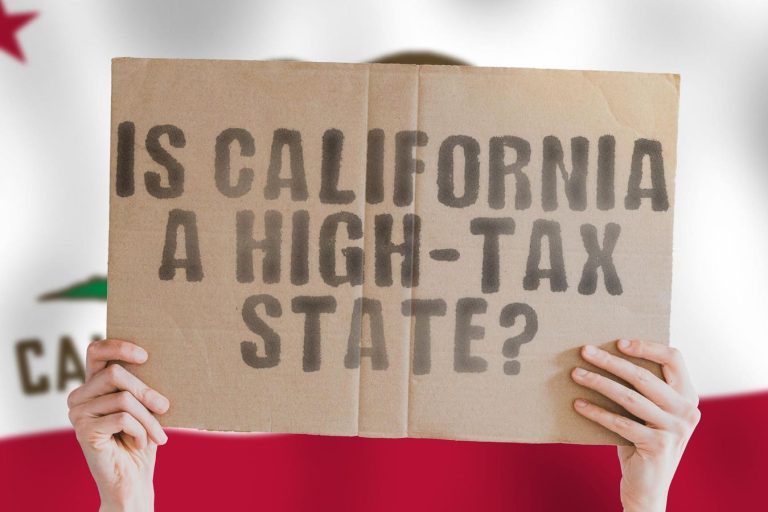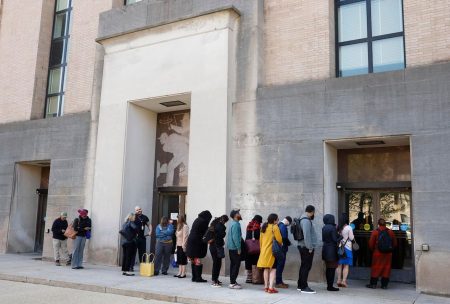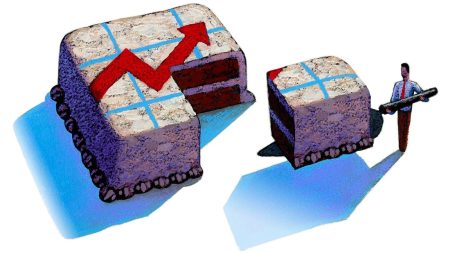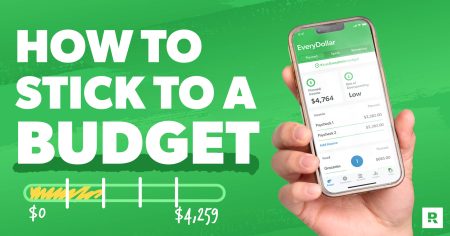By Garrett Johnson BNPL loyalty programs Canada started as simple tools that let users split purchases into interest-free installments. Over time, these apps have evolved…
The Downsides of Credit Card Churning and Why It Is Risky You may be asking yourself, “Those benefits sound great, why is credit card churning risky?” There are many downsides of credit card churning to…
Setting a budget and trimming down monthly expenses are key priorities for anyone working on paying off debt. While there’s so much emphasis out there on cutting back your discretionary spending to free up cash to apply to debt repayments, how often are you looking at making changes to your…
At the peak of the pandemic, Congress established the Employee Retention Credit (ERC), a program designed to help eligible employers stay afloat during the COVID pandemic. The lure of free money proved to be too much for some, and as checks rolled out, the IRS began to point fingers at…
Lawrence Golub, billionaire founder and CEO of private credit firm Golub Capital, emphatically dismissed fears that the rapid growth of private credit, specifically direct lending, is leading to a bubble. Speaking at the ninth annual Forbes/SHOOK Top Advisor Summit in Las Vegas, NV, on Thursday, Golub argued that direct lending…
Testing Financial Independence – What Have You Got to Lose? Testing financial independence through a “trial run” before committing to a lease helps young adults understand the real cost of living on their own if they’ve never lived without a roommate or outside of the home they grew up in.…
Editor's Picks

Personal Finance
More ArticlesDept Management
Name: Melaina Cano Firm: Merrill Wealth Management Location: Irvine, CA Team Assets (Custodied): $329 million Background: Melaina Cano’s passion for investing was sparked early by her paternal grandfather, a first-generation Mexican American engineer who meticulously…





































































